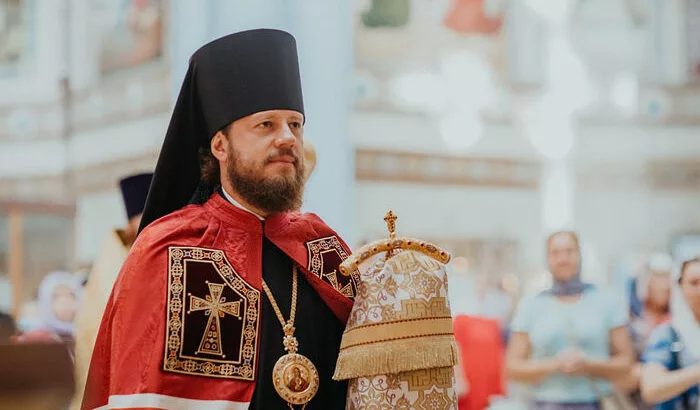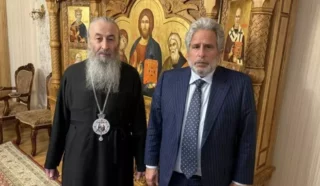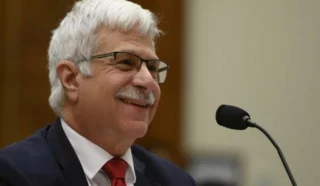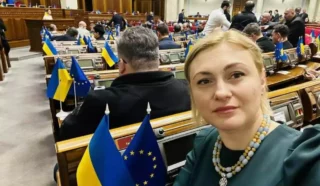On February 5, 2023, Archbishop Viktor of Baryshivka commented on the results of the SSUEFC’s religiological examination. The bishop’s comment was published by politica.com.ua.
“The conclusion of the religiological examination of the Statute on the Administration of the Ukrainian Orthodox Church on the existence of a church-canonical connection with the Moscow Patriarchate can hardly be called objective, even with a strong desire. Instead of considering the Statute on the management of the UOC, the experts devoted most of their work to a detailed study of the Statute of the Russian Orthodox Church, “under a magnifying glass” examining paragraph by paragraph. After all, no one denies that the UOC had ecclesiastical-canonical ties with the Moscow Patriarchate, because until 1990, ecclesiastical Ukraine was part of the Russian Church, but now the situation is quite different,” the hierarch noted.
The bishop noted that “at first glance, an obvious question arises, how can Ukrainian experts working in the interests of the National Security Council base their conclusions on the documents of the ROC?” Isn’t it the same as drawing conclusions about the status of Crimea, Donbass, and other occupied territories based on Russian normative documents instead of the Constitution of Ukraine and other normative legal acts of Ukrainian legislation? The situation is like an absurd one.”
“Actually, this is not surprising if you pay attention to the composition of the expert commission – these are mainly people who for many years publicly expressed their negative attitude towards the UOC and at the same time defended the interests of the OCU, and even earlier – the UOC of the Kyiv Patriarchate. This is the same if the friends and relatives of one of the parties acted as judges in a lawsuit about property rights. That is why the UOC, even before the start of the commission’s work, expressed distrust of its members and demanded that international experts be involved in its work. However, this was not done. Therefore, one should not be surprised even at such conclusions of the commission as, for example, disbelief in the official statements of the Primate of the Ukrainian Orthodox Church that he is leaving the Synod of the Russian Orthodox Church,” said Archbishop Victor.
The UOC hierarch noted that “no second conclusion from the commission should have been expected, that is, the result was predictable and known in advance. Now in the Verkhovna Rada there are several draft laws on the prohibition of confessions connected with the centers of influence in the country that carried out military aggression against Ukraine. From the words and explanations of the lawmakers themselves, it follows that they were written precisely under the UOC.
“And the conclusion of the SSUEFC expert commission is a necessary step for their launch with the goal of banning the largest denomination of Ukraine at the legislative level,” the bishop concluded.




